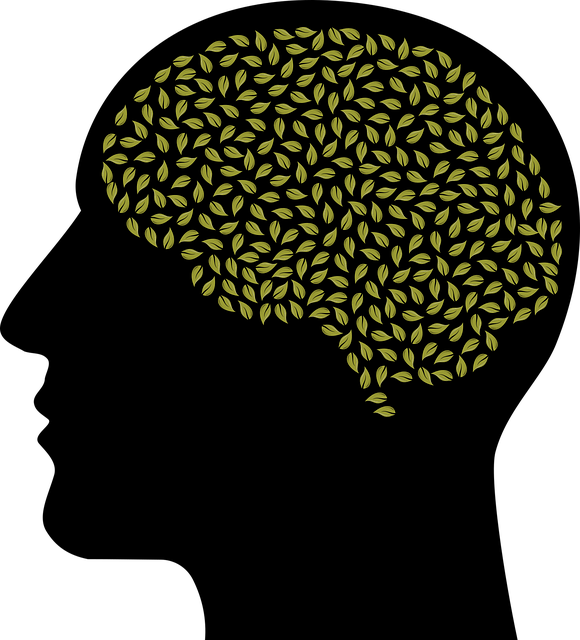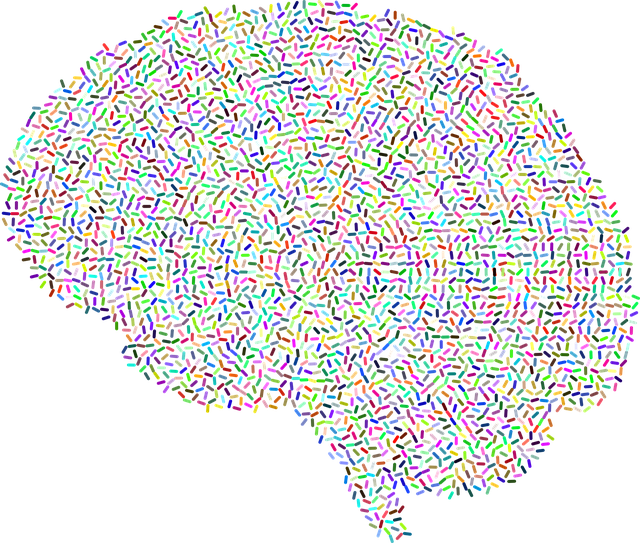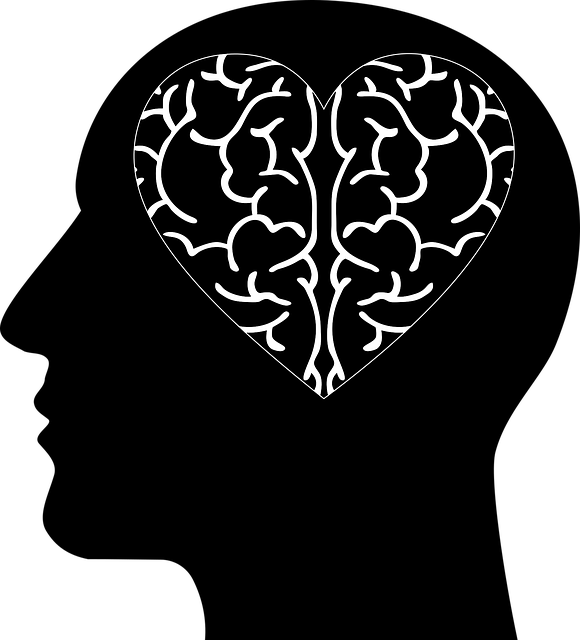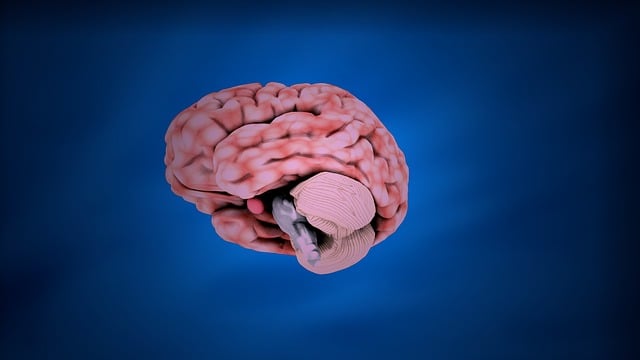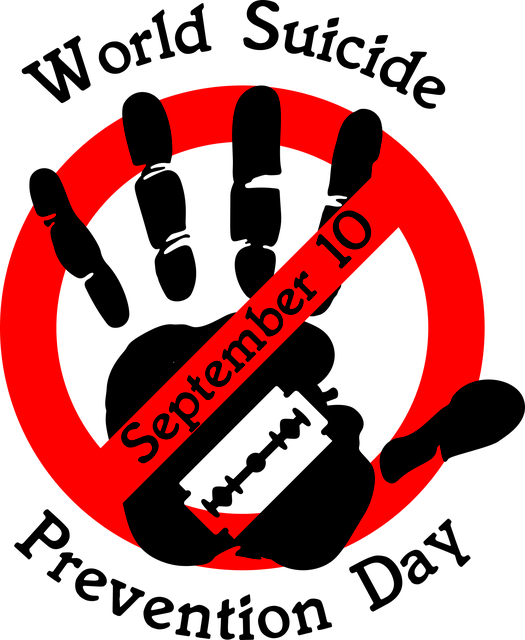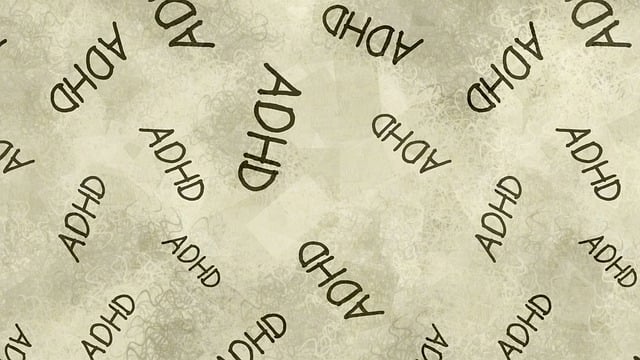Mental illness diagnoses require a nuanced approach using various assessment tools. Key therapeutic methods include Therapy for Exposure and Response Prevention (ERP) for anxiety disorders, which gradually exposes patients to feared situations to change emotional responses and foster resilience. Mindfulness meditation techniques enhance coping strategies. ERP reduces fear, improves social skills, and cultivates kindness, leading to improved well-being. Navigating treatment options with guidance is essential, and mental health awareness campaigns destigmatize treatment, encouraging access to resources for better mood management.
Mental illness diagnosis and treatment can be a complex, often overwhelming journey. This comprehensive guide aims to provide clarity and support for those navigating this path. We explore the intricacies of understanding mental illness diagnoses, delving into the effective therapy for exposure and response prevention (ERP), and offering a detailed look at available treatment options. By the end, readers will have a clearer map for their recovery journey.
- Understanding Mental Illness Diagnoses: Unraveling the Process
- The Role of Exposure and Response Prevention (ERP) Therapy
- Navigating Treatment Options: A Comprehensive Guide for Support and Recovery
Understanding Mental Illness Diagnoses: Unraveling the Process

Mental illness diagnoses are complex processes that require a comprehensive understanding of an individual’s symptoms, history, and overall well-being. This journey often begins with a thorough evaluation by qualified healthcare professionals who employ various assessment tools to unravel the unique aspects of each person’s mental health narrative. The process involves detailed discussions about symptoms, their impact on daily life, and potential triggers, offering insights into the individual’s psychological landscape.
One effective therapeutic approach for certain conditions is Therapy for Exposure and Response Prevention (ERP), which has proven successful in managing anxiety disorders. ERP encourages individuals to confront feared situations and prevent instinctive avoidance responses, fostering mental wellness. Mindfulness meditation techniques can also be integrated into treatment plans as a form of risk management planning for mental health professionals, helping clients develop coping strategies and enhance their overall resilience.
The Role of Exposure and Response Prevention (ERP) Therapy

Exposure and Response Prevention (ERP) therapy is a highly effective treatment approach for various mental health conditions, particularly anxiety disorders. This evidence-based method aims to help individuals confront their fears and anxieties in a safe and controlled environment. By gradually exposing them to stressful situations or triggers, ERP allows patients to learn new coping strategies and change their emotional responses. The process involves preventing the habitual avoidance behaviors that often reinforce fear and anxiety, thus breaking the cycle of avoidance and enabling better stress management.
ERP therapy is not just about facing fears; it empowers individuals to develop resilience and enhance their social skills. Through this treatment, patients can learn compassion cultivation practices, fostering a kinder and more understanding approach towards themselves and others. By integrating these techniques into daily life, individuals can improve their overall well-being and build a more robust support system, which is crucial for long-term mental health success.
Navigating Treatment Options: A Comprehensive Guide for Support and Recovery

Navigating treatment options for mental illness can be a daunting task, but with proper guidance and support, recovery is achievable. A comprehensive guide should include a thorough exploration of various therapeutic approaches, ensuring individuals understand their conditions and available treatments. One effective evidence-based therapy gaining recognition is Therapy for Exposure and Response Prevention (ERP). ERP is particularly beneficial for anxiety disorders, helping patients confront fears and modify avoidance responses through gradual exposure to triggers in a safe environment.
In addition to exploring specific therapies like ERP, a guide should emphasize the importance of finding the right healthcare provider. Cultural competency training for mental health professionals ensures patients from diverse backgrounds receive culturally sensitive care tailored to their unique needs. Mental health awareness campaigns can play a vital role in destigmatizing treatment-seeking behaviors and encouraging individuals to access available resources, ultimately fostering better mood management and overall well-being.
Mental illness diagnosis and treatment can be complex, but with the right navigation assistance, recovery is achievable. By understanding the diagnostic process and exploring evidence-based therapies like Exposure and Response Prevention (ERP) treatment, individuals can gain valuable tools for managing their mental health effectively. Navigating treatment options with a comprehensive guide ensures informed decisions and a supportive journey towards healing. For those seeking ERP therapy, this approach offers a promising path to overcoming anxiety, phobias, and other conditions, ultimately enhancing overall well-being.
